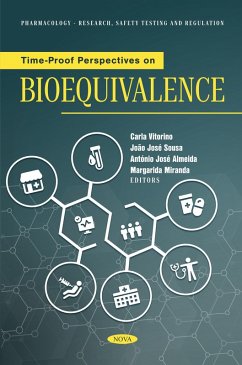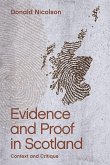The aim of this book is to provide insights on the methods currently available to holistically support the bioequivalence assessment. The Bioequivalence assessment has become the cornerstone of generic drug approval worldwide, enabling the introduction of generic equivalents of innovative drugs through appropriate assessment, as required by the various regulatory authorities. Considerations for the planning and design of bioequivalence studies are constantly evolving to create harmonized standards that address the complexity of the technologies that support drug development today. This has led to discussions between regulators and industry, and academy stakeholders seeking updated practices. In this context, this book intends to address these issues cross-functionally in a balanced description between conventional and complex pharmaceutical dosage forms to highlight key recent advances. Special attention is given to the harmonization of biopharmaceutical classification systems based on biowaivers, common shortcomings in generic drug development, bioequivalence statistics, and alternative in vitro and in silico bioequivalence approaches as emerging issues and enhanced science-based trends in the field.
Dieser Download kann aus rechtlichen Gründen nur mit Rechnungsadresse in A, B, BG, CY, CZ, D, DK, EW, E, FIN, F, GR, HR, H, IRL, I, LT, L, LR, M, NL, PL, P, R, S, SLO, SK ausgeliefert werden.









